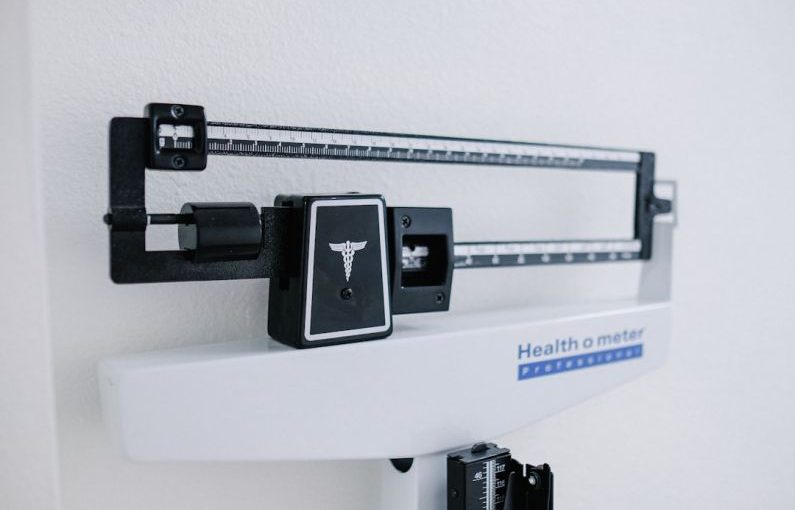Eating a specialty diet, whether out of necessity or choice, can often come with a higher price tag. From gluten-free to vegan to paleo, these specialized diets can sometimes feel like they require a small fortune to maintain. However, with a bit of savvy shopping and strategic meal planning, it is possible to enjoy your preferred diet without breaking the bank. In this article, we’ll explore some practical tips and tricks for saving on specialty diets like gluten-free, vegan, and more.
**Shop in Bulk**
One of the most effective ways to save money on specialty diets is to buy in bulk. This is particularly beneficial for items like grains, nuts, seeds, and gluten-free flours, which can often be purchased at a lower cost per unit when bought in larger quantities. Consider shopping at bulk food stores or online retailers that offer discounts for buying in bulk. By purchasing staple items in bulk, you can save money in the long run and ensure you always have essential ingredients on hand.
**Plan and Prep Meals in Advance**
Meal planning and preparation are key components of saving money on any diet, but they are especially important when following a specialty diet. By planning your meals in advance, you can avoid last-minute, expensive purchases and reduce food waste. Look for recipes that use similar ingredients to make the most of what you have on hand. Consider batch cooking and freezing meals for later to save time and money. By planning and prepping your meals, you can stick to your specialty diet while staying within your budget.
**Buy Seasonal and Local Produce**
Opting for seasonal and locally sourced produce is not only better for the environment but can also be more cost-effective. Seasonal fruits and vegetables are often more abundant and therefore cheaper at the grocery store or farmers’ market. By choosing local produce, you can support small businesses and reduce the carbon footprint of your diet. Look for in-season produce and get creative with your meal planning to make the most of what’s available.
**Make Your Own Snacks and Treats**
Pre-packaged specialty snacks and treats can be pricey, so consider making your own at home. From gluten-free energy bars to vegan cookies, there are countless recipes available online for homemade specialty snacks. Not only is making your own snacks more affordable, but it also allows you to control the ingredients and tailor them to your preferences. Invest in some basic pantry staples like nuts, seeds, dried fruit, and gluten-free flours to whip up delicious snacks and treats at a fraction of the cost of store-bought options.
**Utilize Coupons and Sales**
Don’t underestimate the power of coupons and sales when it comes to saving money on specialty diets. Keep an eye out for coupons in newspapers, magazines, and online coupon sites for discounts on specialty products. Many grocery stores also offer sales and promotions on gluten-free, vegan, and other specialty items, so be sure to check the weekly ad and stock up when prices are low. Consider signing up for loyalty programs at your local grocery store to access exclusive discounts and deals on specialty products.
**Conclusion: Embrace a Budget-Friendly Specialty Diet**
Following a specialty diet like gluten-free or vegan doesn’t have to break the bank. With a bit of planning, smart shopping, and creativity in the kitchen, you can enjoy your preferred diet while saving money. By shopping in bulk, planning meals in advance, buying seasonal produce, making your own snacks, and taking advantage of coupons and sales, you can stick to your specialty diet without overspending. Embrace the challenge of eating well on a budget and enjoy the benefits of a healthy and delicious specialty diet without sacrificing your financial goals.





